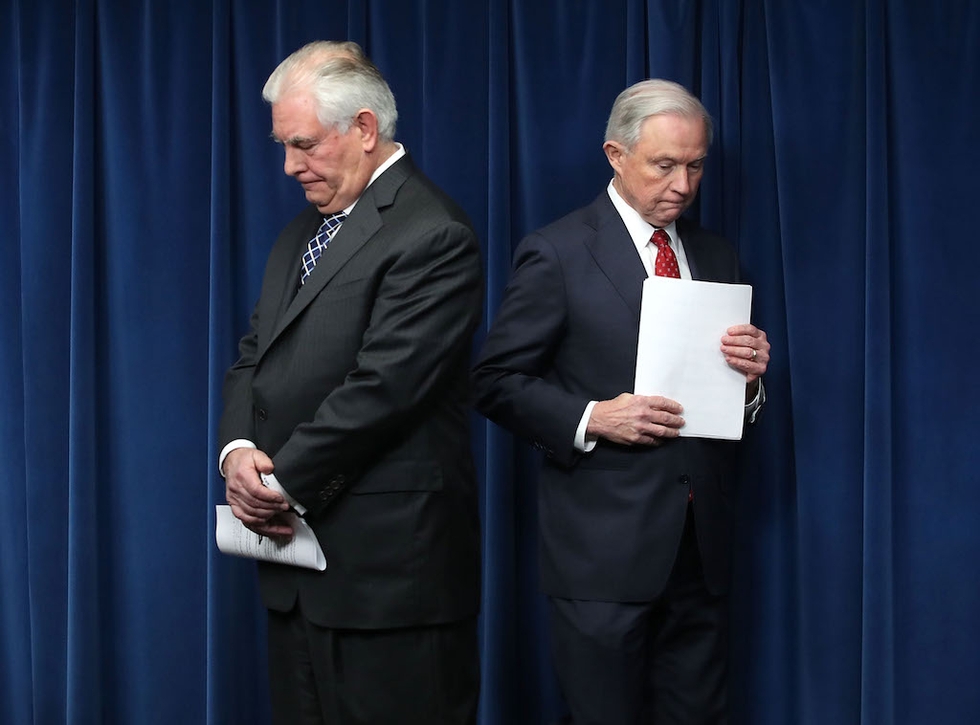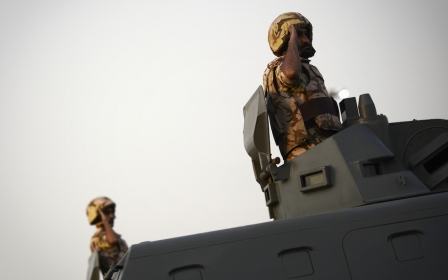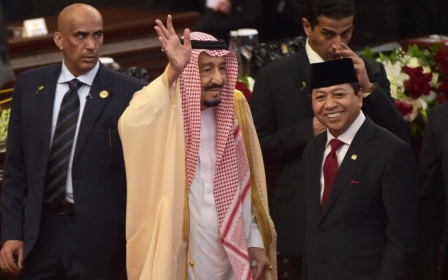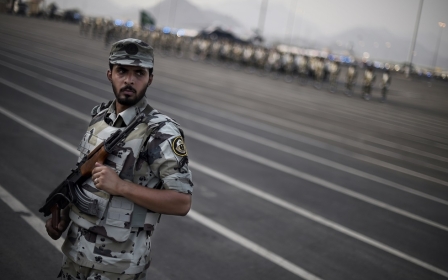Trump to renew controversial weapons sales to Saudi Arabia

Donald Trump's administration has approved the resumption of weapons sales that critics have linked to Saudi Arabia’s killing of civilians in Yemen, possibly indicating a renewal of support for the kingdom’s involvement in the country.
The proposal from the State Department would reverse the decision made towards the end of Obama's time in office to suspend the sale of precision-guided munitions to the kingdom, which is leading a coalition conducting air strikes against Houthi rebels, who are backed by Iran.
Secretary of State Rex Tillerson’s approval this week of the measure provides an early indication of the new administration’s more Saudi-friendly approach to the conflict in Yemen and is in line with its hard stance against Iran.
Officials say the proposal needs White House backing to go into effect.
A senior US official, speaking on the condition of anonymity to the Washington Post, said the Trump administration hopes to push back Iranian influence in Yemen.
“We’ll be looking for ways to blunt Iranian malign influence in the region. And we’ll be looking for all the tools that the US government has,” the official said.
“In that context, I think you have to look at Yemen.”
Amnesty International on Thursday accused the Saudi-led coalition of using banned cluster munitions in raids on residential areas in Yemen.
The Brazilian-manufactured munitions were fired in a 15 February attack on three residential districts and agricultural land in Saada province of northern Yemen, a stronghold of the Shia Houthi rebels, it said in a statement.
Two people were wounded in the attack, said Amnesty, which has also reported that the coalition used cluster munitions in October 2015 and May 2016.
'Cluster munitions are inherently indiscriminate weapons that inflict unimaginable harm on civilian lives' - Lynn Maalouf, Amnesty International
The coalition "absurdly justifies its use of cluster munitions by claiming it is in line with international law, despite concrete evidence of the human cost to civilians caught up in the conflict", said Lynn Maalouf, research director at Amnesty's Beirut regional office.
"Cluster munitions are inherently indiscriminate weapons that inflict unimaginable harm on civilian lives," she said.
Amnesty called for Brazil "to join the Convention on Cluster Munitions and for Saudi Arabia and coalition members to stop all use of cluster munitions".
Separately, Human Rights Watch in December accused the coalition of firing Brazilian-made rockets containing the outlawed munitions near two schools in Saada, killing two civilians and wounding six, including a child.
Cluster bombs can contain dozens of smaller bomblets that disperse over large areas, often continuing to kill and maim civilians long after they are dropped.
The Saudi-led coalition, which has come under repeated criticism over civilian casualties in Yemen, acknowledged in December it had made "limited use" of British-made cluster bombs but said it had stopped using them.
The conflict in Yemen has left more than 10,000 dead and 40,000 wounded since the coalition intervened on the government's side in March 2015, according to the UN.
New MEE newsletter: Jerusalem Dispatch
Sign up to get the latest insights and analysis on Israel-Palestine, alongside Turkey Unpacked and other MEE newsletters
Middle East Eye delivers independent and unrivalled coverage and analysis of the Middle East, North Africa and beyond. To learn more about republishing this content and the associated fees, please fill out this form. More about MEE can be found here.




